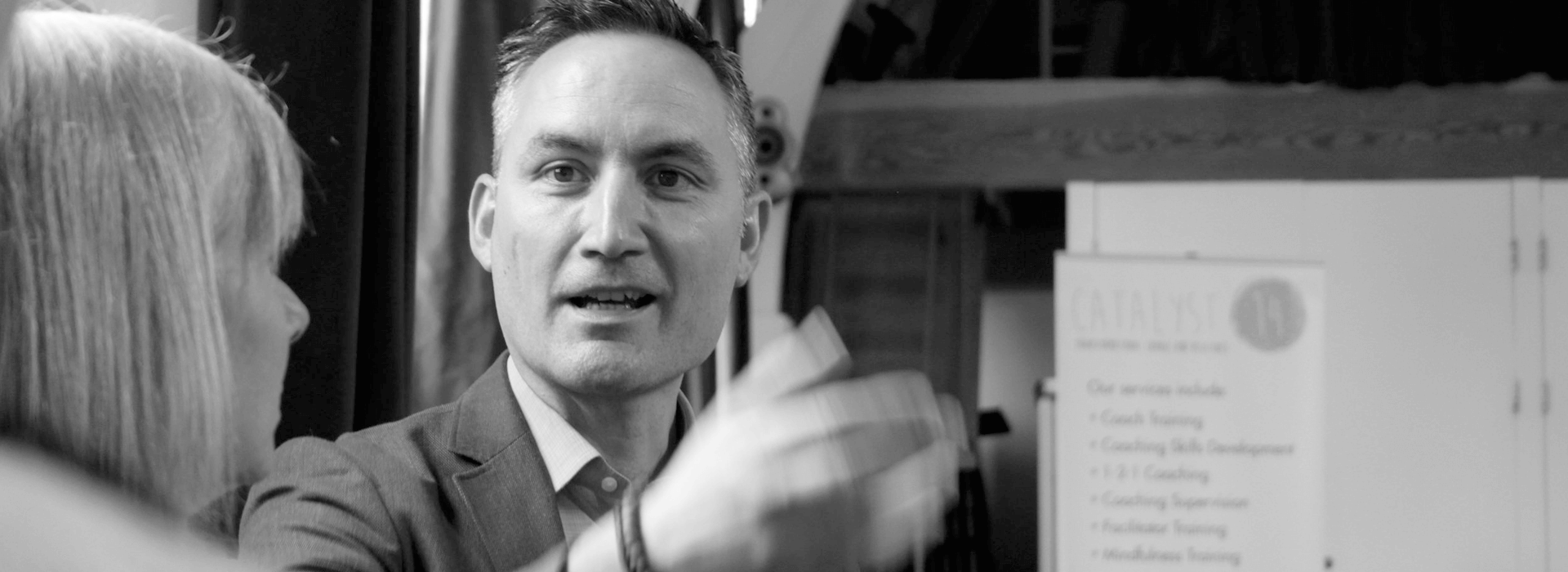Why do coaches need to know about the brain? With Paul Brown

Please note that this session is fully booked.
Twentieth century psychology failed to give a coherent answer to basic questions like: ‘What is a person?’ or ‘What is the Self?’ or ‘What exactly is meant when the word ‘emotions’ is used?’
In consequence there are in psychology lots of opinions, lots of views, an enormous amount of literature, but no essential agreements on what would underpin ‘being a psychologist’. Psychology begins to look rather more like a set of theologies – what psychologists believe from whatever they attach to – than a true science.
This session offers a 1.01 introduction to what the modern brain sciences are telling us about human behaviour through the organization of the brain; the way it creates our individuality; the way perception controls behaviour epigenetically; how the emotions underpin all actions and decisions; and the fact that our thinking system tells us a story about what our brain already knows but is not the primary source of our being self-directing.
Applied neuroscience is showing us that we humans are essentially feeling systems, not thinking systems. The session will be both didactic and continuously open to moderated questions as it focuses on the value of this knowledge in executive coaching and organizational consulting.
About Dr Paul Brown
Dr.Paul Brown is a clinical and organizational psychologist, executive coach and supervisor. For the past fifteen years he has been developing the field of applied neuroscience in coaching, largely through a six-month CPD programme, “The Science of the Art of Coaching,” and a steady stream of co-authored books, of which the most recent – “All the Brains in the Business” (Lanz & Brown) — explores the nature of the difference between male and female energy and how that understanding might be brought more wholeheartedly into organizational (and especially male) awareness. He has also co-authored a novel, “River Dragon,” under the pseudonym Tyndale King, that explores the international ethical dilemmas of an executive coach.
Paul is the Chairman of ION Consulting International Pte Ltd., Singapore; and of a worldwide group of some 50 alumni of the SAC programme, the ION Partnership. He is in the late stages of producing the first book from ION Press, in which thirteen chapter authors describe the front-line use of knowledge about the brain in their consulting and coaching practices.
He is Professor of Organisational Neuroscience at Monarch Business School Switzerland and a Visiting Professor at Henley Business School UK. He lives in Laos and makes fine furniture for pleasure.

